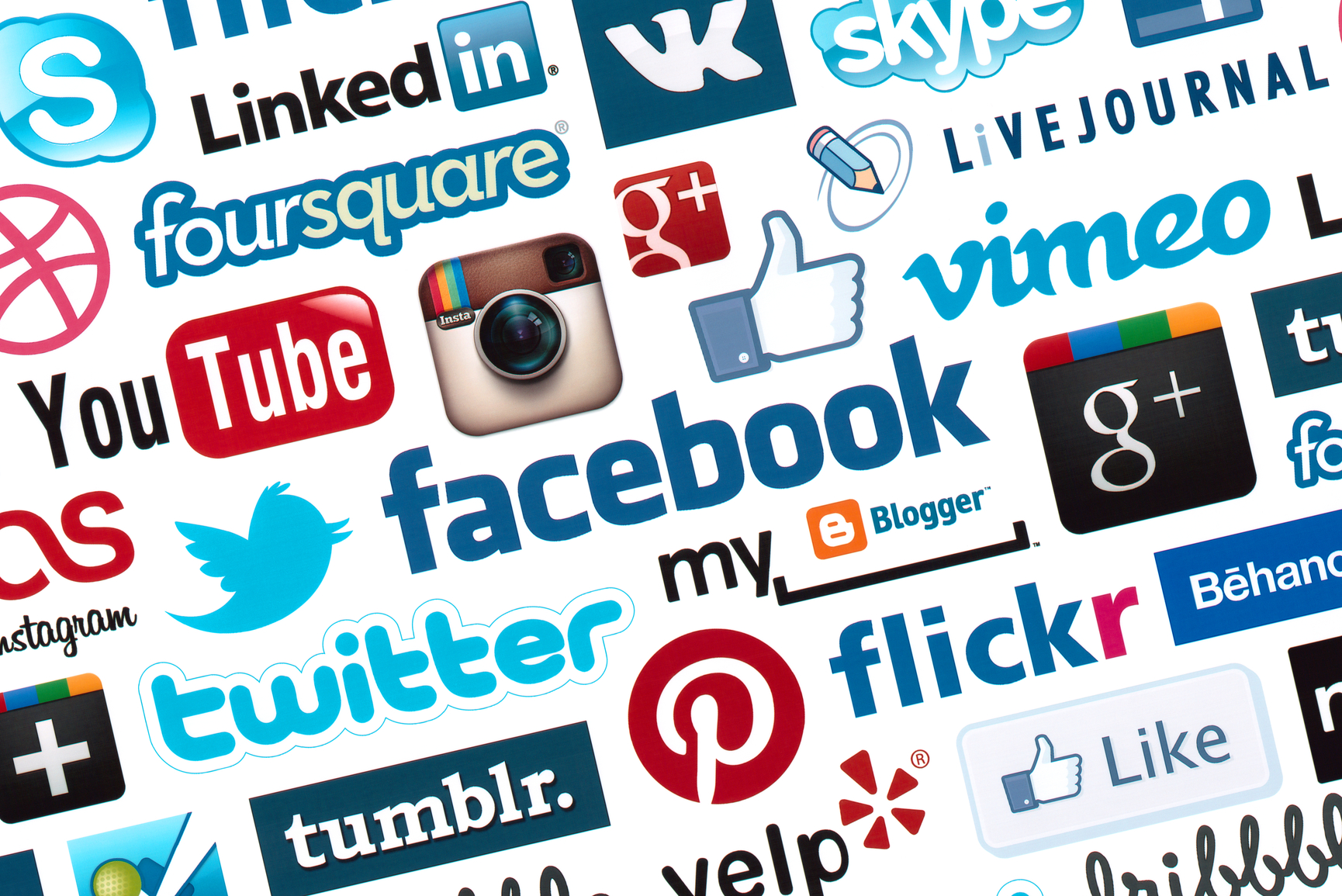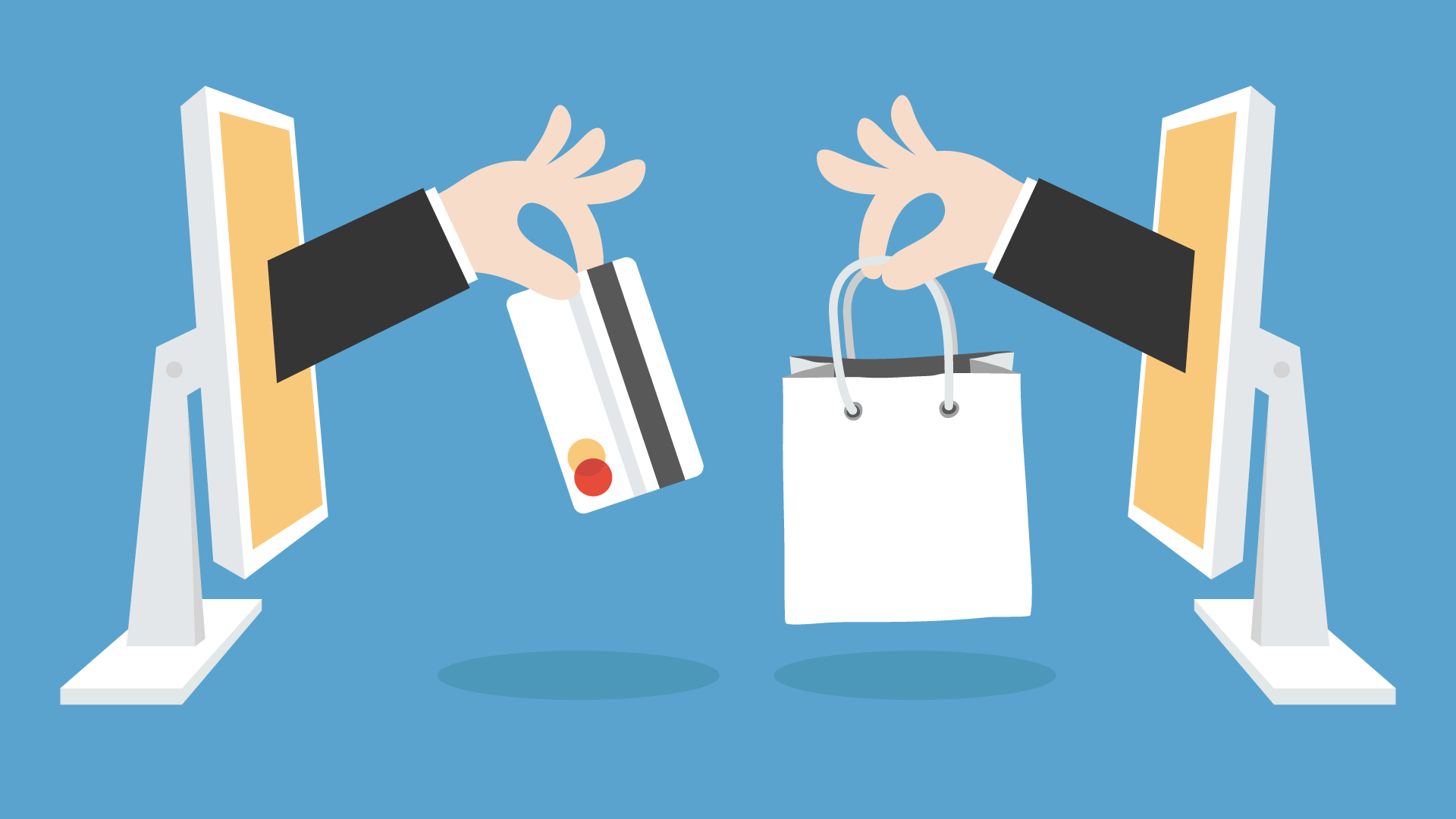
Because of social media, the delivery and consumption of news has changed throughout the years. Before, news was only delivered through traditional methods such as television, radio, newspaper, and word of mouth. Now, because of the Internet, there are social media platforms, websites, RSS feeds, and etc.
Citizen journalist are a new group of people delivering the news who compete against traditional journalists. They are often the first on scene for breaking and sharing news more rapidly than traditional journalists (Rogers, 2018). Although they may not have gone through training, citizen journalists gain fans and followers through social media while developing a brand for themselves. Twitter is a microblog platform where users can share personal information or news (Zhuang, 2014). This platform is widely used by journalists who can share information and news instantly.
We consume media in many different outlets and there are traditional and nontraditional journalists who share news and information with people.
References
Rogers, T. (2018, November 11). Understanding citizen journalism. Retrieved from https://www.thoughtco.com/what-is-citizen-journalism-2073663
Zhuang, Z. (2014). The Importance of Citizen Journalists in
New Media when Reporting on Catastrophes. Global Studies Journal, 7(3),
21–39. Retrieved from
http://ezproxy.snhu.edu/login?url=https://search.ebscohost.com/login.aspx?direct=true&db=asn&AN=100177639&site=eds-live&scope=site


